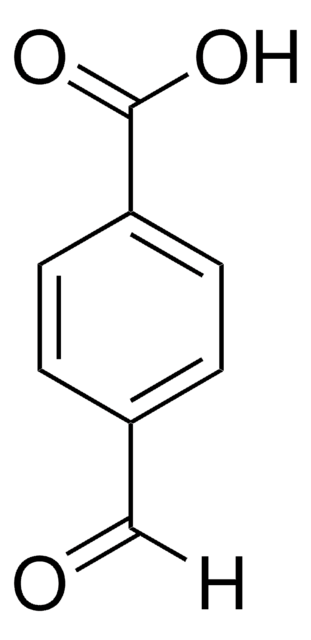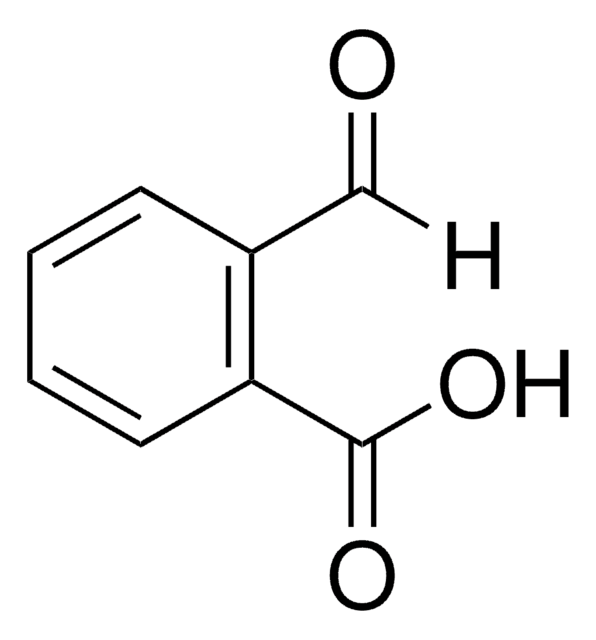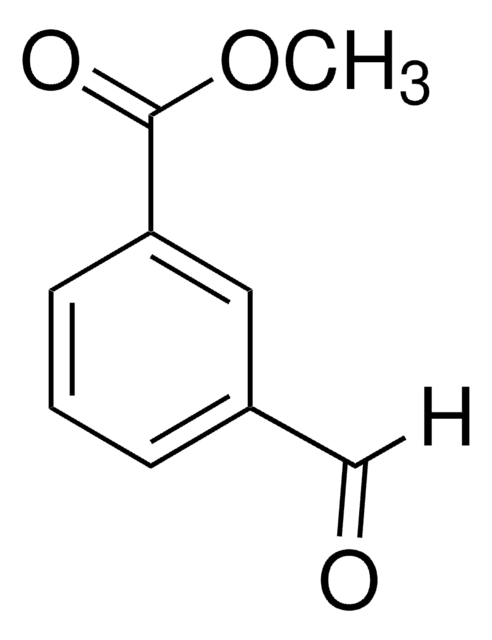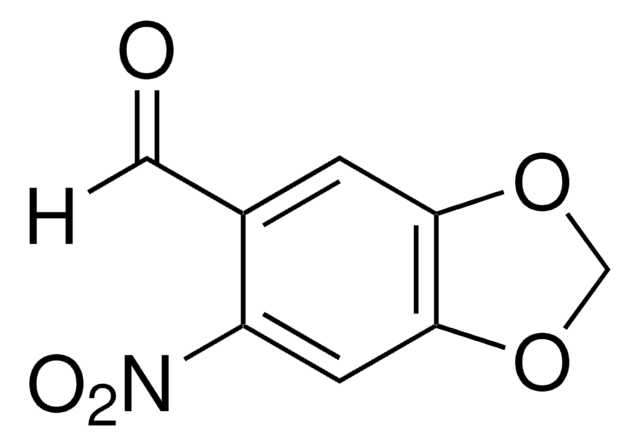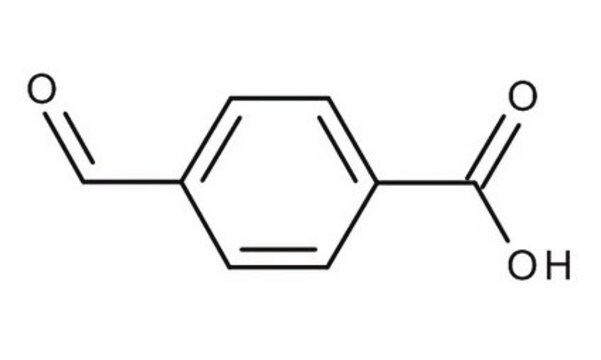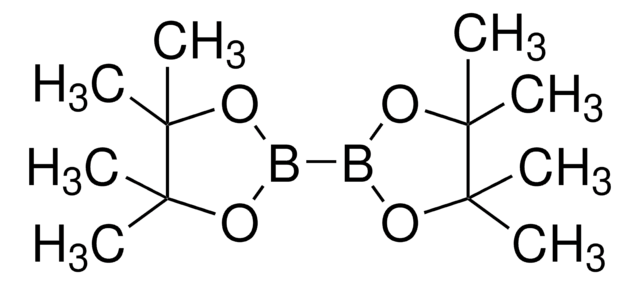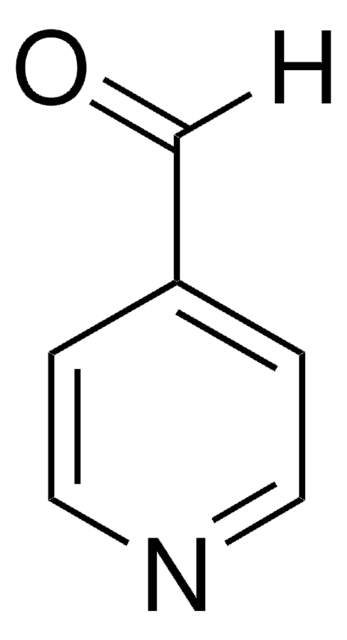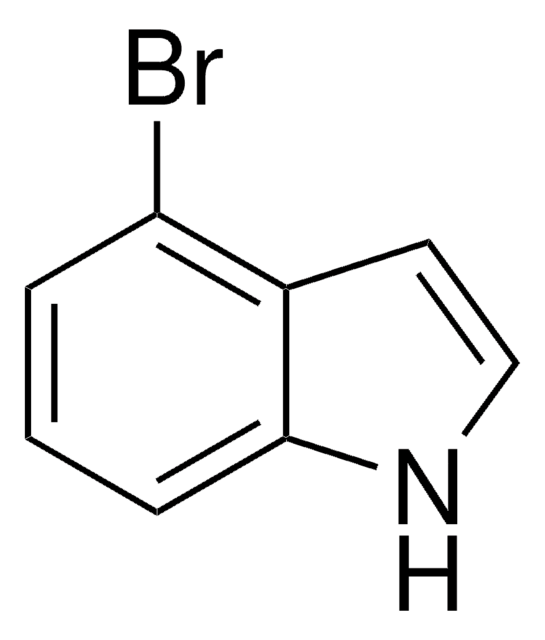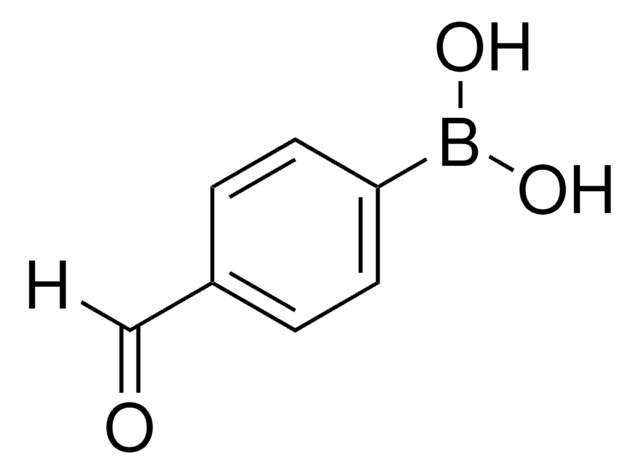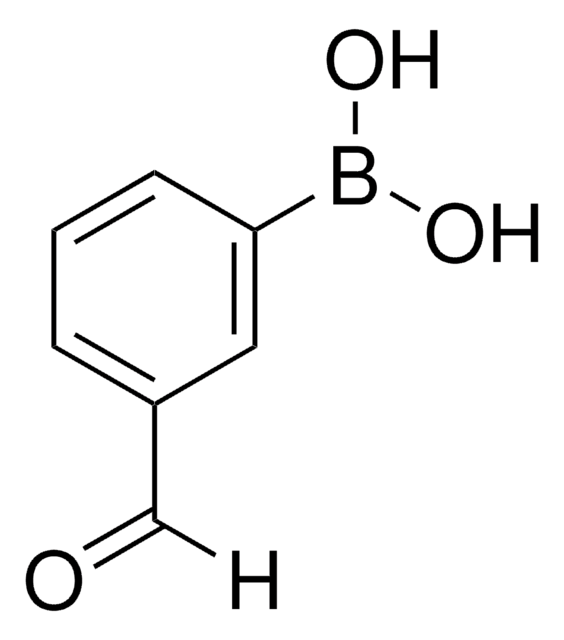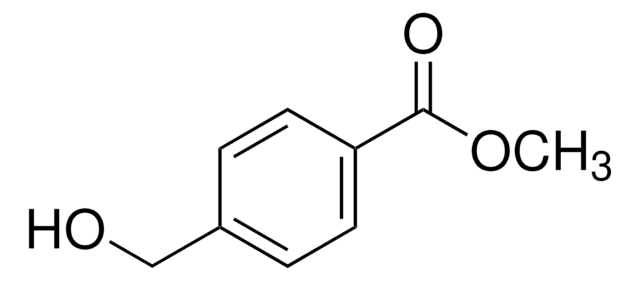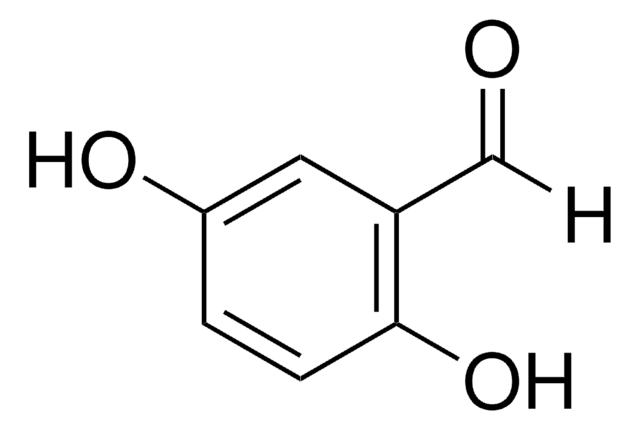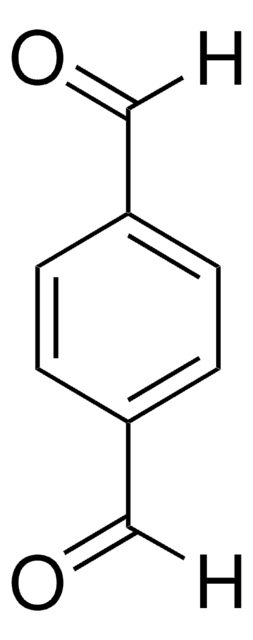232793
3-Formylbenzoic acid
97%
Synonym(s):
3-Carboxybenzaldehyde, Isophthalaldehydic acid
About This Item
Recommended Products
Quality Level
Assay
97%
form
powder
mp
173-175 °C (lit.)
solubility
methanol: soluble 100 mg/mL, clear to slightly hazy, colorless to very faintly brown(lit.)
functional group
aldehyde
carboxylic acid
SMILES string
[H]C(=O)c1cccc(c1)C(O)=O
InChI
1S/C8H6O3/c9-5-6-2-1-3-7(4-6)8(10)11/h1-5H,(H,10,11)
InChI key
UHDNUPHSDMOGCR-UHFFFAOYSA-N
Looking for similar products? Visit Product Comparison Guide
General description
Application
- bicyclic cis-2-azetidinone derivatives via Ugi 4-centre 3-component reaction
- porphyrin capped with a steroidal superstructure bearing convergent hydroxy groups
- 3-[(4-amino-1,2-dihydro-1-oxo-2-phenyl-1,2,4-triazolo[4,3-a]quinoxalin-6-yl)amino]methylbenzoic acid
Signal Word
Warning
Hazard Statements
Precautionary Statements
Hazard Classifications
Eye Irrit. 2 - Skin Irrit. 2 - STOT SE 3
Target Organs
Respiratory system
Storage Class Code
11 - Combustible Solids
WGK
WGK 3
Flash Point(F)
Not applicable
Flash Point(C)
Not applicable
Personal Protective Equipment
Choose from one of the most recent versions:
Already Own This Product?
Find documentation for the products that you have recently purchased in the Document Library.
Customers Also Viewed
Our team of scientists has experience in all areas of research including Life Science, Material Science, Chemical Synthesis, Chromatography, Analytical and many others.
Contact Technical Service